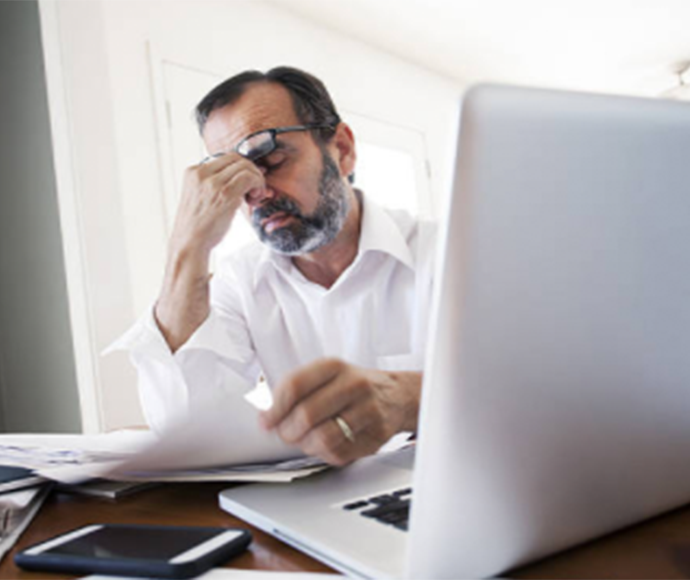Way beyond tired...
And what to do about it now
You’re dragging. Wiped out. Your body feels heavy as a brick, it’s weighing you down. This does not feel like an ordinary case of being tired. It feels like exhaustion to the extreme. Different from general weariness that healthy men experience, this type of feeling is more of an overall draggy, concrete-like feeling that won’t go away.
If you have advanced prostate cancer, you’ve likely experienced varying levels of fatigue at different stages of your condition and know what we’re talking about. When you’re fatigued, even doing the most basic daily chores, like walking to the mailbox, can downright exhaust you.1 While this could be a result of age, cancer-related fatigue is worse than everyday fatigue.1 Understanding the source of fatigue is important; while fatigue can be caused by cancer, it can also be caused by treatments.1
Here is what you need to know about cancer fatigue, so you can talk to your doctor.




627f.png?itok=PoTlGU5W)